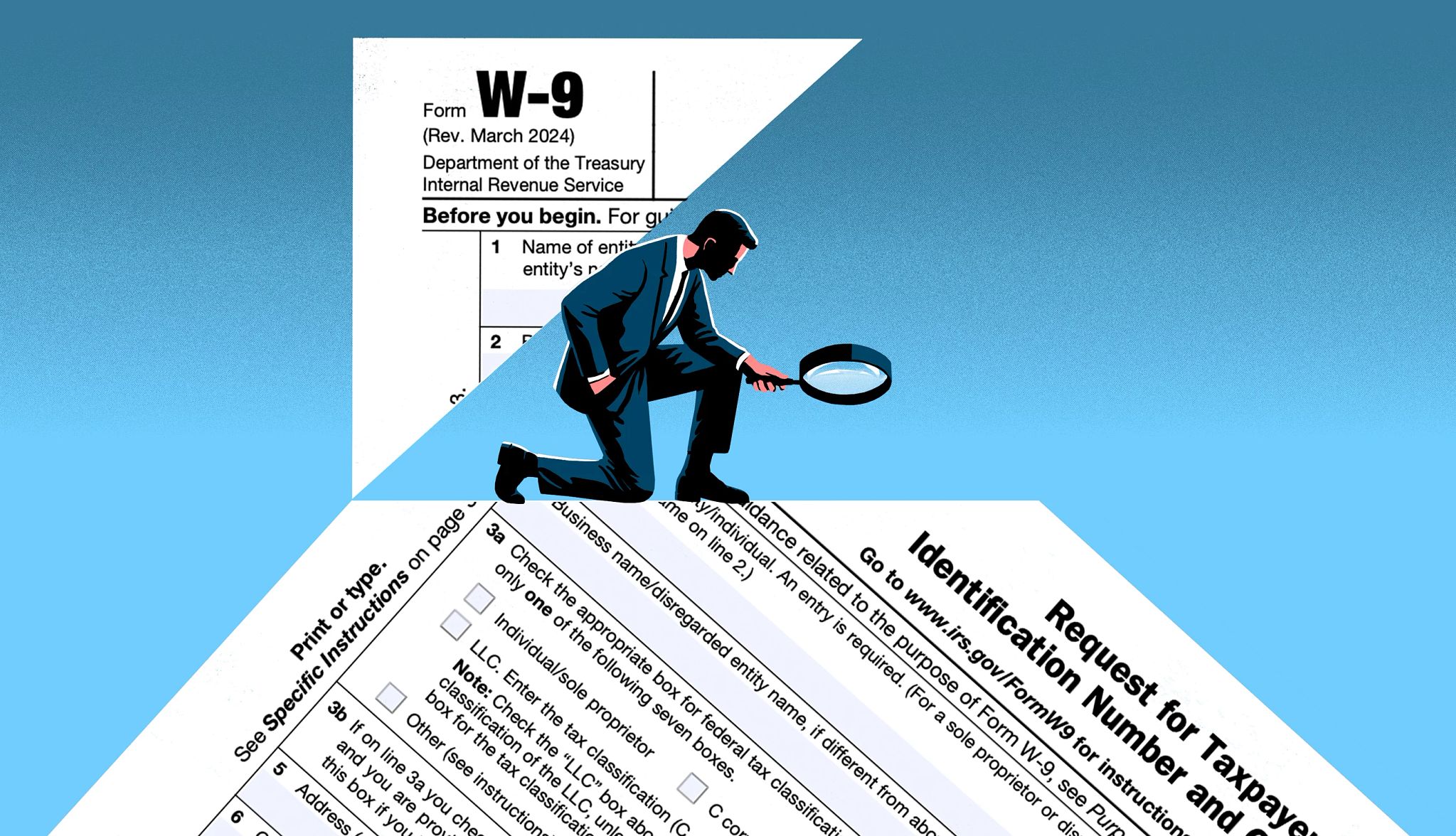AARP Hearing Center


As any taxpayer knows, the U.S. tax system is complicated. This causes many misconceptions about taxes, and they can have serious financial consequences.
"Tax myths cost people real money,” says Kevin Thompson, president of 9I Capital Group, a financial planning firm in Fort Worth, Texas. “Whether it’s misconceptions around Social Security taxation, capital gains rates or side gig reporting, small mistakes can lead to big tax bills.”
Here’s what to know about 10 common tax myths to protect yourself from costly blunders.
1. Myth: Your income is taxed at one rate
There are seven federal income tax rates: 10 percent, 12 percent, 22 percent, 24 percent, 32 percent, 35 percent and 37 percent. But there’s a misconception that the tax rate for your bracket is applied to all of your taxable income.
In the U.S., income tax rates are graduated, so you pay different rates on different amounts of income. For example, you might be in the 24 percent bracket, but only the portion of your income above the threshold for that bracket is taxed at 24 percent. Income below that threshold is taxed at the lower rates corresponding to lower brackets.
Keep in mind that the range of income subject to each tax rate is adjusted annually for inflation.
2. Myth: You’ll be in a lower tax bracket in retirement
People assume that once they’re no longer collecting a paycheck, their income will be lower and so will their taxes, Thompson says. But if you have income from multiple sources, such as retirement plan distributions, pensions and Social Security, you might find yourself in a higher bracket, he says.
Even if you're generally in the same or a lower tax bracket in retirement, you could get bumped up in a given year if you make an especially large retirement plan withdrawal — say, to convert a traditional individual retirement account (IRA) to a Roth IRA.
While converting the pre-tax funds in a traditional IRA to after-tax Roth money can help with budgeting in retirement, the conversion amount is taxable income, and the temporary tax hit can sting.
3. Myth: Filing an extension means you can delay paying taxes
If you need more time to finish your tax return, you can request an extension to push your filing deadline from April 15 to Oct. 15. But that doesn’t mean you can delay paying what you owe.
“The IRS is incredibly clear that taxes are due April 15,” cautions Tim Steffen, director of advanced planning at Baird Private Wealth Management in Milwaukee.
There are some exceptions, such as when the deadlines to file and make payments are adjusted for taxpayers impacted by certain natural disasters. But generally, if you file for an extension and don’t make a payment by April 15, you’ll be charged a failure-to-pay penalty of 0.5 percent of the amount due for each month you delay paying. The penalty maxes out at 25 percent.





































































More From AARP
6 Tax Breaks If You Have an Adult Dependent
Caring for a parent or other family member could cut your income tax bill
Find the Right Accountant for You
Searching for a tax preparer? Here are smart questions to ask
Need a Tax Form? Here’s Where to Get It
The IRS is your best source, but think twice before filing a paper return